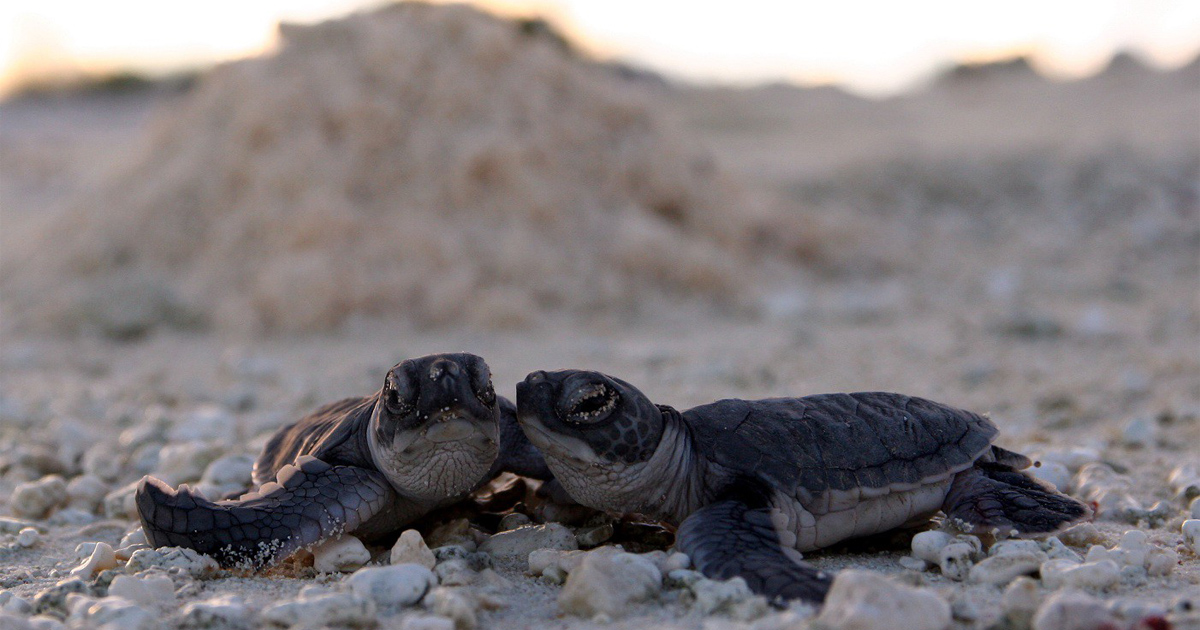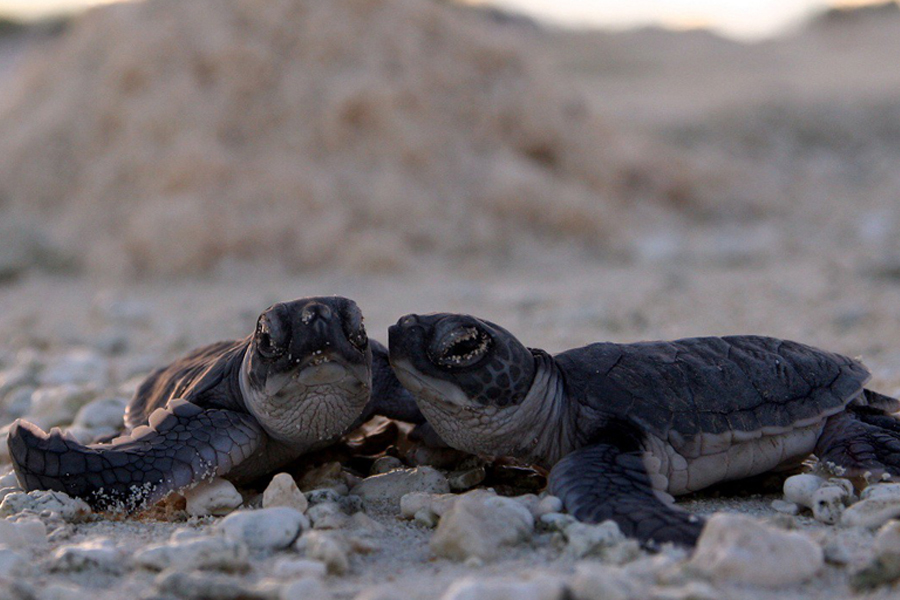Yes, sea turtles are considered keystone species. They play a crucial role in maintaining the health and balance of marine ecosystems.
Sea turtles are keystone species, vital for maintaining the delicate balance of marine ecosystems. These ancient creatures, with their incredible ability to migrate long distances and feed on seagrass and jellyfish, help control the populations of their prey and maintain the health of coral reefs.
Additionally, their nests provide nourishment to plants and contribute to the stability of coastal environments. As sea turtles are threatened by habitat loss, pollution, and illegal fishing practices, their decline could have detrimental effects on the overall biodiversity and functionality of marine ecosystems. Efforts to protect and conserve these keystone species are essential for the sustainability of our oceans.

Credit: www.facebook.com
Importance Of Sea Turtles As Keystone Species
Sea turtles play a vital role as keystone species in various ecosystems around the world. As ecosystem engineers, these incredible creatures have a profound impact on the environments they inhabit. They help shape and maintain biodiversity through their feeding habits, which often involve consuming seagrasses and soft-bodied invertebrates.
Sea turtles are also indicators of ecosystem health. Their presence or absence can provide valuable insights into the overall well-being of marine ecosystems. For instance, declines in sea turtle populations may indicate negative changes in water quality, prey availability, or habitat degradation.
Conservation efforts aimed at protecting sea turtles can have significant positive outcomes for other species as well. By safeguarding these iconic creatures, we simultaneously protect their habitats and the diverse array of species that rely on these habitats.
| Key Points |
|---|
| Sea turtles are keystone species |
| They act as ecosystem engineers |
| Sea turtles indicate ecosystem health |
| Conservation benefits other species |

Credit: www.instagram.com
Challenges And Conservation Of Sea Turtles As Keystone Species
Sea turtles play a crucial role in maintaining the health and balance of marine ecosystems. However, they face numerous challenges that threaten their survival as keystone species.
| Habitat destruction and pollution | Illegal poaching and trade | Climate change and its effects on sea turtles | Conservation initiatives and successes |
| Habitat destruction and pollution pose significant threats to sea turtles. Coastal development, pollution from oil spills, and the degradation of nesting beaches disrupt their reproductive cycles and nesting habits. | Illegal poaching and trade for their shells, meat, and eggs remain a persistent problem for sea turtles. This illegal activity has driven many turtle populations to the brink of extinction. | Climate change, such as rising sea levels and increasing temperatures, negatively impacts sea turtles. It alters nesting site suitability and affects the temperature-dependent sex determination of hatchlings. | Various conservation initiatives have been implemented worldwide to protect sea turtles. Efforts, such as protected nesting beaches, marine reserves, and educational programs, have shown positive results in stabilizing and recovering turtle populations. |
Despite the challenges, ongoing conservation efforts give hope for the future of sea turtles as key players in maintaining the balance of marine ecosystems. It is crucial to continue supporting these initiatives and raising awareness to ensure their long-term survival.

Credit: news.fsu.edu
Conclusion
Sea turtles play a vital role in maintaining the balance of marine ecosystems. As keystone species, they have a profound impact on the health and stability of the underwater world. Conservation efforts to safeguard their habitats and ensure their survival are essential for the preservation of biodiversity.
By understanding the importance of sea turtles and taking action to protect them, we can contribute to the preservation of our delicate marine ecosystems for generations to come.






Leave a Reply